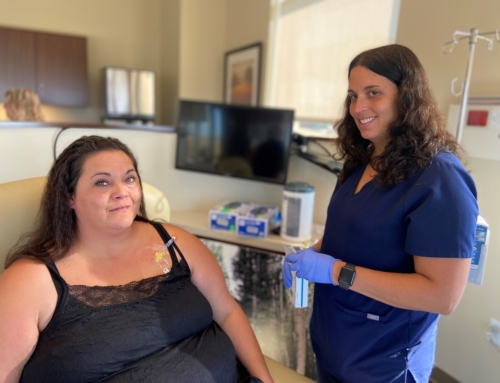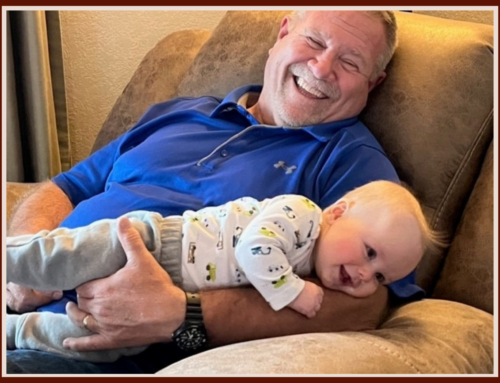If you are a parent of a high school athlete in town, you’ve likely met a TMH athletic trainer. An athletic trainer is the one working one-on-one with an injured student to regain strength, or diagnosing an injury at a game. The Memorial Hospital sponsors an athletic trainer who serves the school district.
Athletic trainers are not personal trainers. They are health professionals and most hold a master’s degree and certification in their field. Athletic trainers, or ATs, can do much more than tape an ankle or give advice on conditioning. They’ve been trained to handle medical emergencies, diagnose injuries, provide rehab, and help athletes avoid injury.
“We do a lot with orthopedic diagnosis and treatment beyond a personal trainer,” said an athletic trainer. Moffat County Schools is lucky to have an AT on staff. It’s a new best practice that is catching on in other states, but only Hawaii mandates that all its school districts have an athletic trainer.
One athletic trainer has been on the job since last fall. He attends every high school practice and home game, unless he is traveling with one of the teams. He’s no stranger to sports himself, having earned a college scholarship in football, basketball and track. He earned his master’s and passed his exams in athletic training last spring.
“It’s been wonderful to support the student athletes and coaches. I help bring back athletes who had injuries, diagnose injuries on the spot during games, and help kids improve their conditioning and learn how to avoid injuries while playing,” said the athletic trainer.
It isn’t unusual to find him working one-on-one with athletes for up to an hour a day to help them rebound from an injury or correct inappropriate habits that predispose them to injury.
“A big part of my job is playing detective with orthopedic injuries. Students come to me with pain and I have to figure out the source. Parents appreciate the amount of work I spend trying to figure out what’s wrong. Once I find the source I build a treatment and strengthening program that fit their needs,” stated the athletic trainer.
Our athletic trainer has a special interest in diagnosing. He has spent many hours of his personal time reading about different injuries and treatments and watching videos on physicians diagnosing orthopedic issues.
“It’s helped me recognize signs, be more accurate and in-depth. It’s really rewarding and families appreciate that they get care immediately and don’t have to make an appointment with a doctor. If it’s warranted, I do refer them for further treatment but when I can I provide treatment,” added the athletic trainer.
Our athletic trainer has diagnosed ACL tears, concussions, sprains, strains, breaks and more this year. He helped initiate a concussion handbook for the district and a more complete concussion program, including a vestibular-ocular screening at the start of the season to provide a baseline for comparing future tests.





